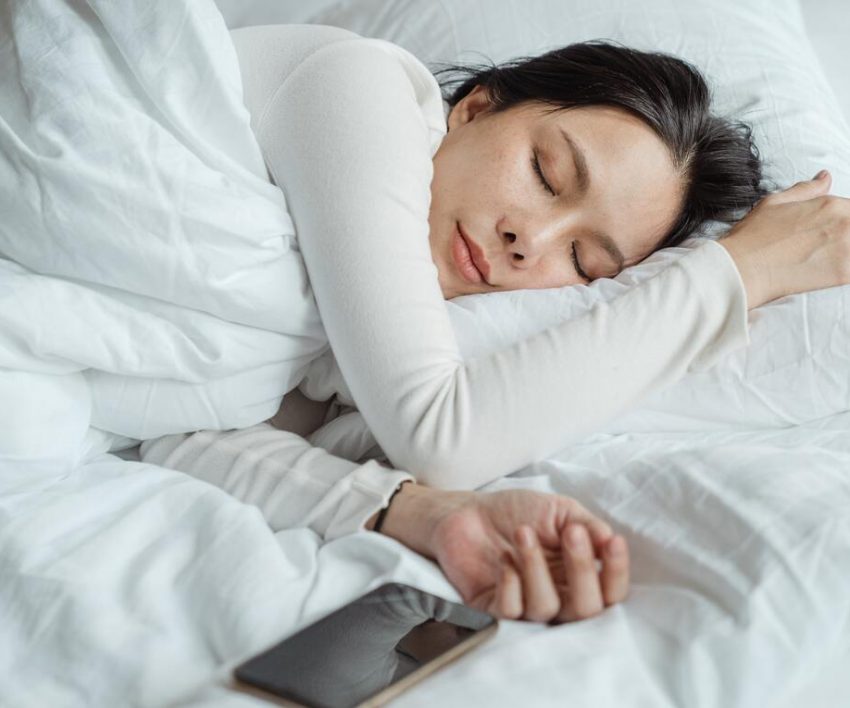
Do you tend to sleep with your phone under your pillows?
Whatever the reason—you might have fallen asleep in the middle of a text or did it out of convenience—it can actually be harmful to both your mental and physical health.
Increased risk of cancer:
While you sleep, your body is exposed to harmful radiation. The main health risk from this kind of exposure is cancer, particularly brain tumours. Several recent studies (University of California-Berkeley) have found a connection between excessive phone use and a higher risk of developing gliomas, a kind of brain cancer.
This study has been supported by studies from France, Israel, Finland, and other nations. Cellular radiation has been identified by the World Health Organization as a potential carcinogen.
Could catch fire/burn
When you sleep, placing your phone under your pillow increases the likelihood that it could catch fire or explode, especially if you are using an older model.
This happens when the battery within your phone heats up when it charges. It gets much hotter when you use it while it’s charging. Your phone’s internal components may be harmed as a result, increasing the risk of a fire.
Your phone won’t be able to release the heat it generated because it will be buried under the pillow. As a result, heat is trapped under the pillow, and ultimately the temperature rises to the point where your phone becomes a fire hazard.
Disrupts sleep pattern
Even when not in use, your phone still emits radiation when it is turned on. Additionally, the melatonin your body produces—the hormone that controls your sleep patterns—can be impacted by the light from your screen according to the University of Michigan.
The outcome? You have a restless night and experience fatigue during the day. Daytime sleepiness makes it more difficult for you to maintain concentration and alertness.
These lower your daily productivity levels, making it less likely that you will meet deadlines or complete other tasks at work, school, or home. Depression can result from a lack of sleep.
Negative impact on mental health
Poor sleep causes your body to produce more cortisol, a stress hormone that can make you moody and irritable.
You run the chance of developing anxiety and depressive disorders as well.
Weight gain
The link between insufficient sleep and weight growth is well established.
When you don’t get enough sleep, the hormones ghrelin and leptin that control your appetite are entirely out of whack.
As a result of eating more to make up for their lack of energy during the day, people may become obese (and have a weakened immune system).




